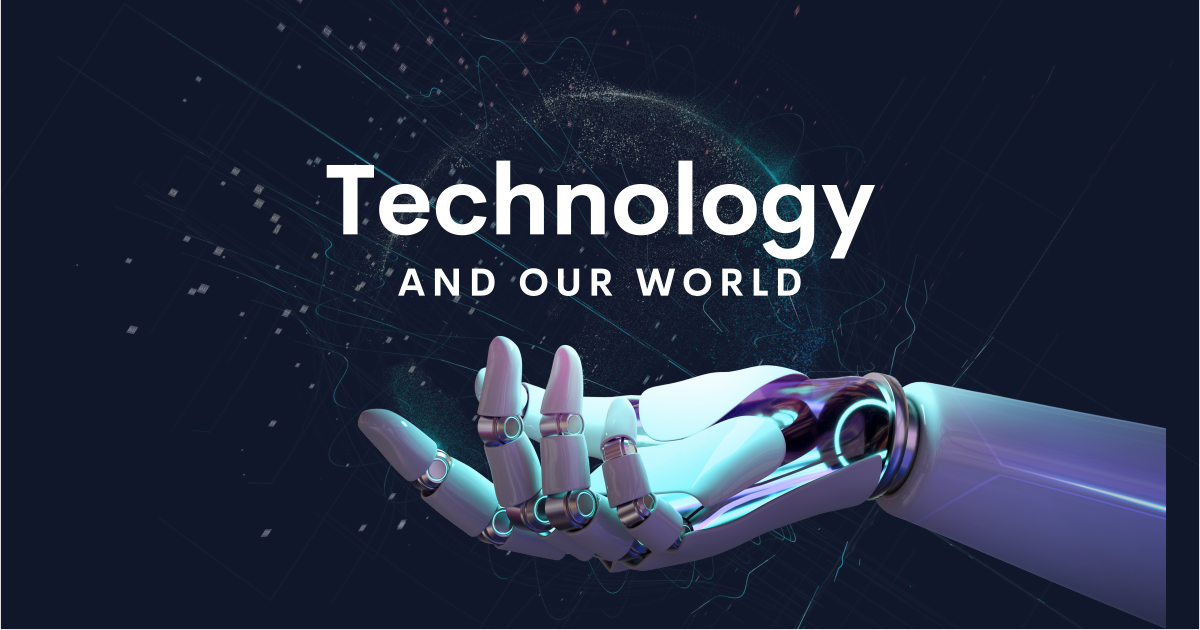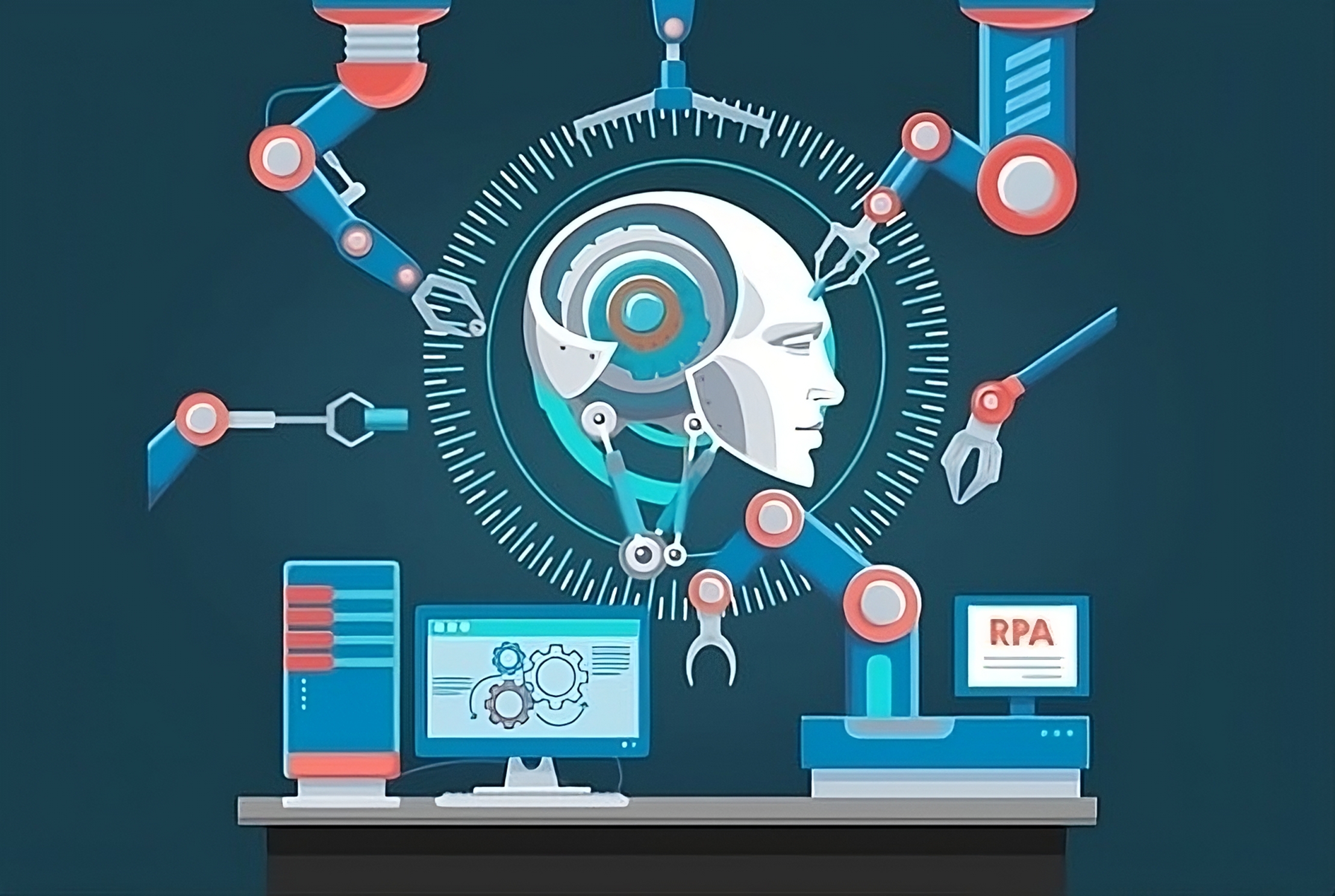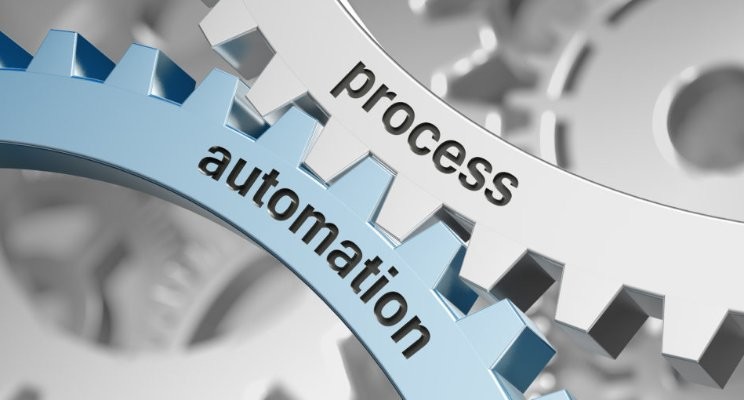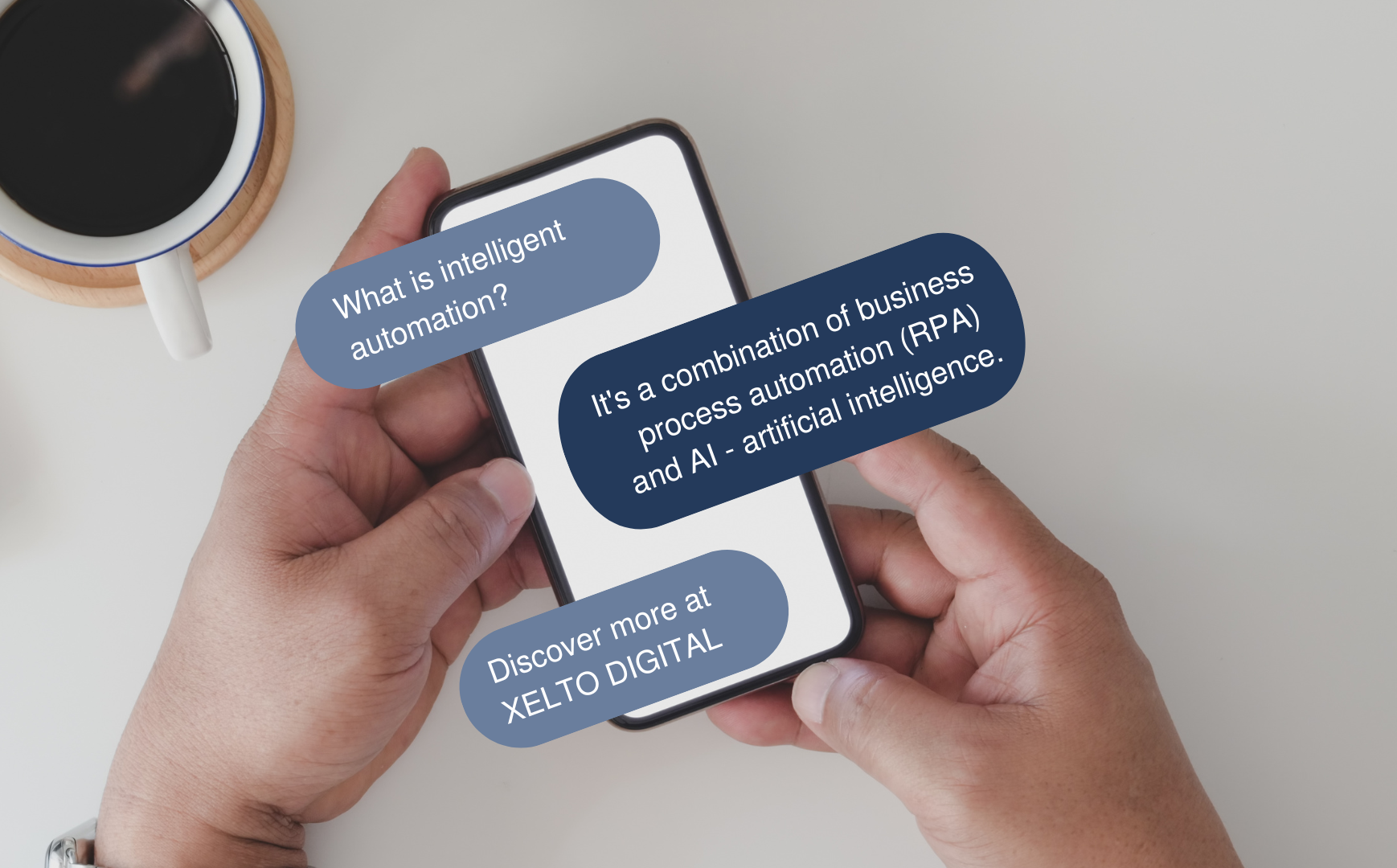
The impact of AI on e-commerce: Revolutionizing online shopping
The Impact of AI on E-commerce: Revolutionizing Online Shopping 🚀 In the face of rapidly advancing technology, the role of artificial intelligence (AI) in the e-commerce industry cannot be ignored. Are you wondering how AI is precisely transforming the world of online shopping? Here are deeper insights into key aspects: Automation & Personalization The days of generic product recommendations are coming to an end. AI tailors shopping experiences by analyzing each customer’s individual preferences, enabling online stores to offer more personalized recommendations. Chatbots Instead of traditional forms of contact, AI provides support in the form of chatbots, offering quick responses to customer inquiries, from order status to product information. Personalized Recommendations By leveraging data from purchases and browsing history, AI can predict which products might interest you the most, making it easier to discover hidden gems in online stores. Logistics & Delivery Optimizing delivery routes and AI-based forecasting ensure that products reach customers faster and more efficiently than ever before. Security Thanks to AI algorithms, online stores are better prepared to detect and respond to potential threats, enhancing the protection of customer transactions. In summary, artificial intelligence makes online shopping more intuitive, secure, and tailored to the needs of each of us. As technology continues to advance, we can only expect further enrichment of the shopping experience through AI. We are witnesses to a true revolution – are you ready to be a part of it? 🌎 Contact us! Author: Joanna Sioła, Digital Sales Specialist











